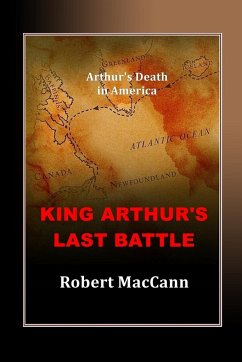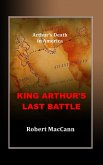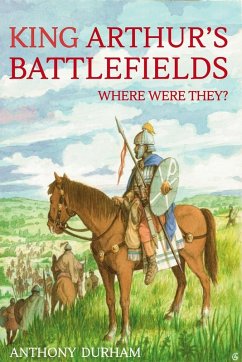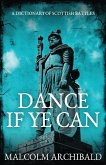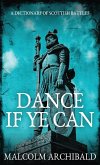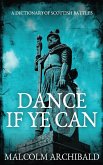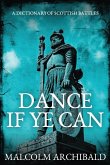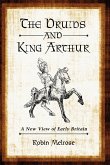SoftcoverThis new study resolves important historical issues and shows that the current idea that Arthur was a myth is unlikely to be true. Robert MacCann places Arthur into a historical setting where his relationship to known kings is established, his location is shown, and his dating to the late 400s - early 500s is confirmed.Building on the work of Welsh historian, John Lloyd, he identifies Arthur's father, Uthr, with Einion Yrth, who conquered the Irish in north Wales. He shows that the epithets Uthr and Yrth have the same meaning and that Uthr and Einion lived at the same time and same location, in Rhôs, north Wales. Dr MacCann investigates the Merlin figure and the historical poet, Taliesin and shows that neither was connected to the historical Arthur. From the work of Geraint Gruffydd he identifies Arthur's bard as Talhaearn, who was called the 'father of (poetic) inspiration' and was the leading bard of the sixth century. The heart of MacCann's thesis is Arthur's tragic voyage to Annwfyn, identified from features in the poetry as America. He brings together all the early poetic sources to give a complete picture of Arthur's death. Arthur's time was one of climate disasters. The first in AD 531 was probably caused by clumping in Halley's meteoroid trail and the other in 536 by volcanic eruptions. The latter caused cold conditions, followed in Wales by the Yellow Pestilence. Arthur's mysterious death and these disasters led to the view that he was ill-fated and to a superstition in Wales against using his name. Dr MacCann analyzes claims for pre-Columbian visits to America: Madoc; the Irish in West Virginia; the slaughter of a white people in Kentucky; the DNA of bones dated to 710, found near 'Ogam' marks; and ancient Roman coins in America.
Hinweis: Dieser Artikel kann nur an eine deutsche Lieferadresse ausgeliefert werden.
Hinweis: Dieser Artikel kann nur an eine deutsche Lieferadresse ausgeliefert werden.

